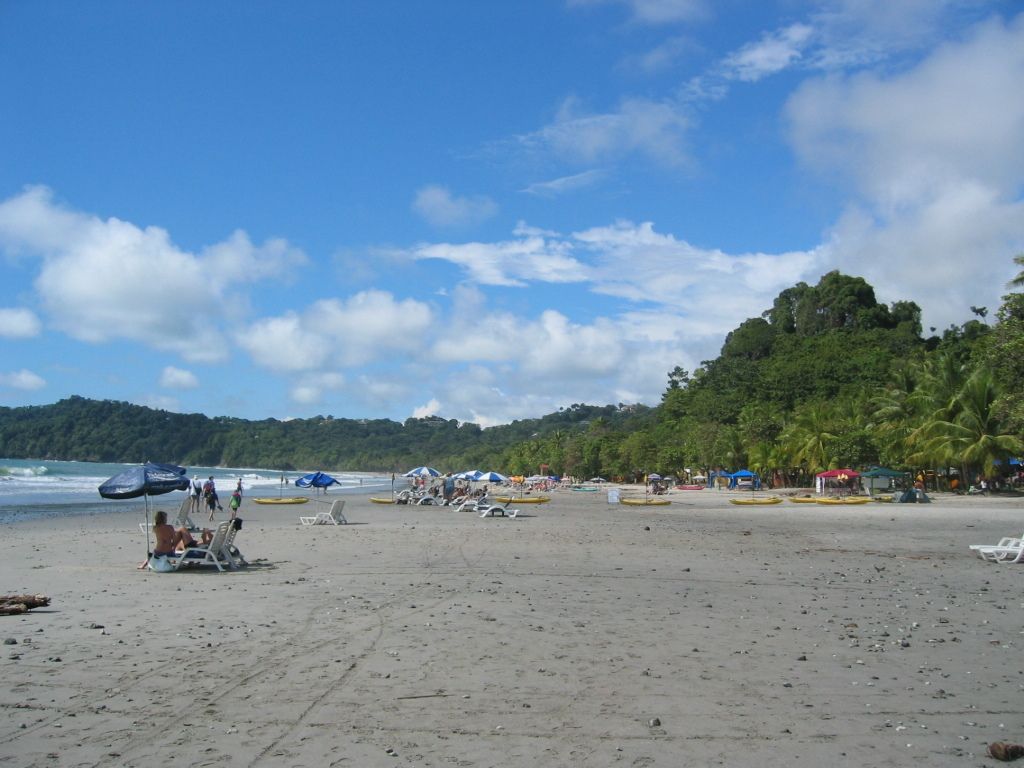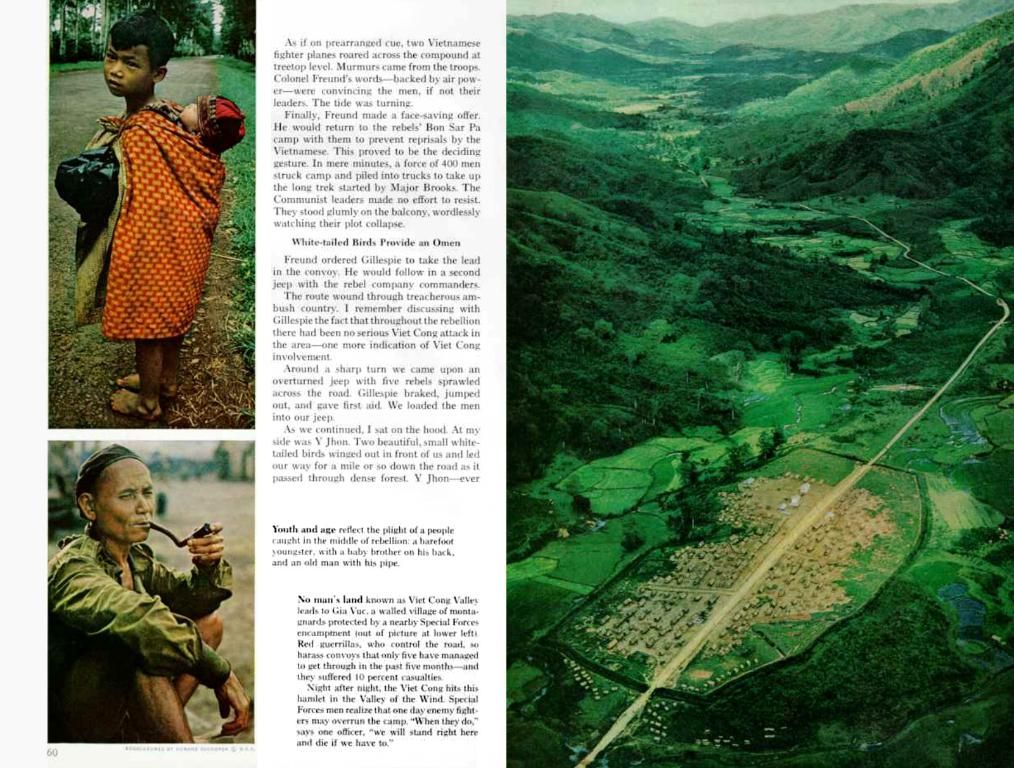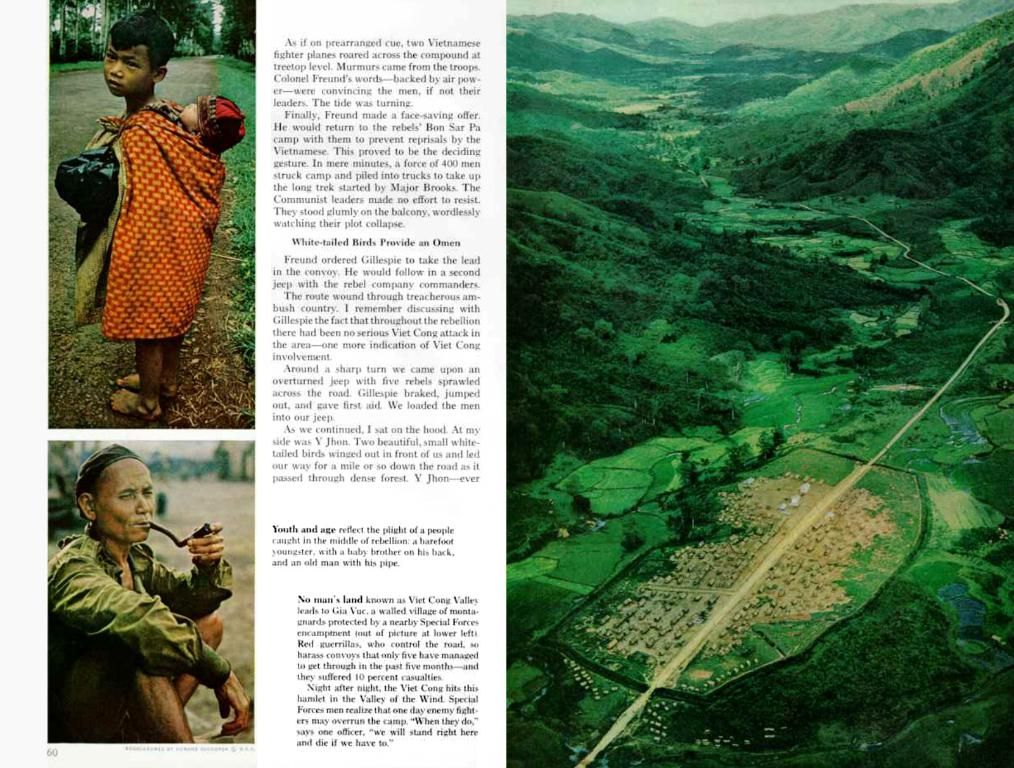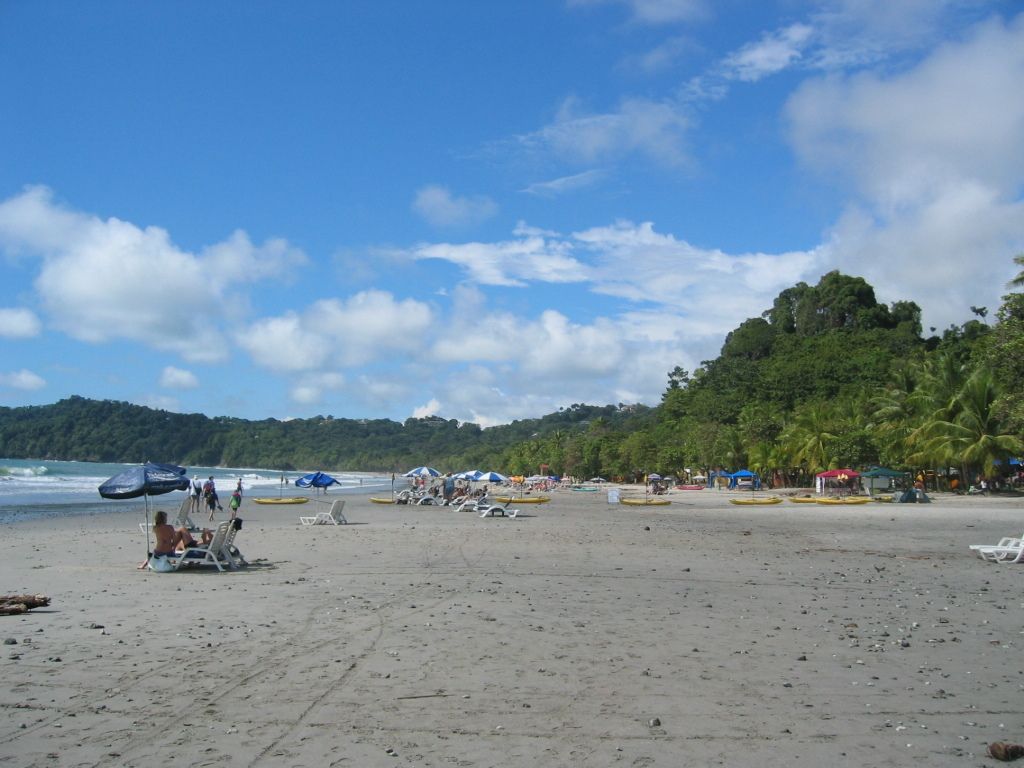Stopping the Leak: Renaissance Africa Energy Closes Down Pipeline Following Oil Spill
Africa-based energy company, Renaissance Africa, halts pipeline operations post oil spill incident in rivers.
In the wee hours of Monday, May 5, 2025, a troubling oil spill occurred in the Ikata community, Ahoada East Local Government Area of Rivers State. The culprit? A 14-inch pipeline along the Okordia-Rumuekpe right of way, operated by the newly appointed operator, Renaissance Africa Energy Company Limited (RAEC), which recently acquired assets from Shell Petroleum Development Company in a mouthwatering $2.4 billion deal. Preliminary findings suggest that the spill was the result of deliberate tampering by vandals, leading to a massive leak of crude oil into the environment.
Spill Consequences: A Stark Reality
The aftermath of the spill has been devastating. Farmlands that served as the breadbasket for the local community have been reduced to wastelands, posing a considerable threat to their livelihoods. Water sources, rivers, and aquatic life have been polluted, introducing a hazardous element to the community's water supply. The local ecosystem, once thriving, is now a horror show of destruction, with visible signs of ongoing discharge of crude oil from the affected pipeline.
Rapid Response: Shutdown and Further Measures
RAEC has acknowledged the incident and swiftly shut down crude feed into the facility to prevent any further spillage. At the same time, environmental groups like the Youths and Environmental Advocacy Centre (YEAC) have put pressure on the National Oil Spill Detection and Response Agency (NOSDRA) to urgently take part in a Joint Investigation Visit (JIV) to investigate the origins and extent of the spill.
YEAC demands that regulatory agencies enforce the relevant provisions of the Petroleum Industry Act (PIA) to identify and punish the perpetrators. They also call for an emergency cleanup process to stem the further environmental damage caused by this unfortunate incident.
A Grim Reminder: The Struggle Continues
Despite the acquisitions and the claims of improved operational efficiency, incidents such as these highlight the ongoing environmental challenges facing the Niger Delta and the urgent need for robust regulations and effective community engagement to tackle them head-on.
- The oil spill in the Ikata community happened on a 14-inch pipeline along the Okordia-Rumuekpe right of way, owned by Renaissance Africa Energy Company Limited (RAEC), recent acquisitors in a $2.4 billion deal with Shell Petroleum Development Company.
- The oil spill, a result of vandalism, has led to vast environmental damage, causing the destruction of farmlands, polluting water sources, and ruining the local ecosystem.
- Following the incident, RAEC promptly halted the flow of crude oil into the pipeline to prevent any further leakage.
- Environmental groups like the Youths and Environmental Advocacy Centre (YEAC) are urging the National Oil Spill Detection and Response Agency (NOSDRA) to investigate the spill, identify the perpetrators, and enforce the relevant provisions of the Petroleum Industry Act (PIA).
- YEAC also calls for an emergency cleanup process to minimize subsequent environmental damage and ensure the safety of the local community, particularly in relation to their water supply.
- The oil spill serves as a stark reminder of the persistent environmental challenges in the Niger Delta, emphasizing the need for robust regulations and effective community engagement to mitigate these issues.
- The oil spill episode also puts an unexpected spotlight on the newly formed company, RAEC, in the Nigerian oil industry, coupling scientific expertise (environmental-science) and financial resources (finance), as it navigates its role in shaping the future of the industry in Naija (Nigeria) and beyond, under the leadership of Bola Tinubu (a notable Nigerian politician and businessman).










